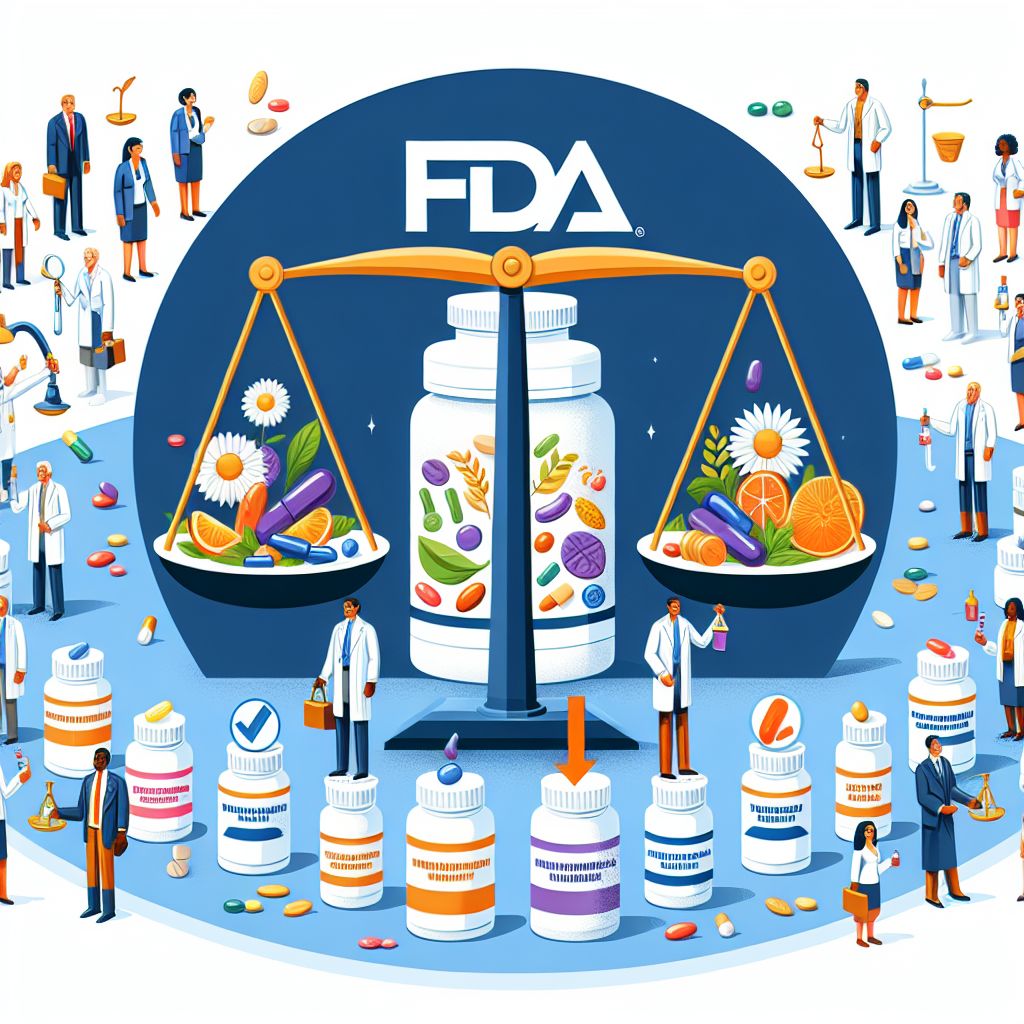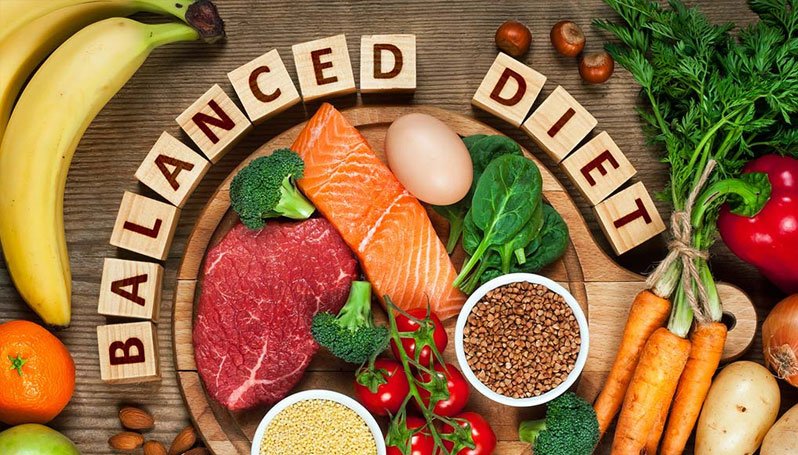
Weight Loss Supplements Analysis: True Impact & Results Without Diet
When it comes to shedding pounds, many of us look for quick fixes. One popular solution that often grabs headlines is weight loss supplements. But do they really work without a proper diet? Let’s dive deep and understand the true impact and results of these supplements.
Key Takeaways
-
Weight loss supplements can support, but not replace, healthy diet and exercise.
-
Ingredients like caffeine and green tea extract may boost metabolism, but effects vary.
-
Regulatory bodies like the FDA do not rigorously test supplements for effectiveness.
-
Long-term weight management involves setting realistic goals and lifestyle changes.
-
It’s crucial to consult with a healthcare provider before starting any supplement.
Demystifying Weight Loss Supplements
Weight loss supplements come in various forms—pills, powders, and teas—and promise to help with weight loss. They often contain ingredients that claim to boost metabolism, reduce appetite, or block the absorption of fat. But it’s important to peel back the layers of marketing and look at the scientific evidence behind these claims.
What Are Weight Loss Supplements?
Simply put, weight loss supplements are products designed to be used alongside a balanced diet and exercise to help you lose weight. They’re not magic pills but could potentially give you an edge in your weight loss journey. The key is understanding what’s in them and how they work.
Common Claims vs. Actual Effects
Many supplements tout impressive results, like “lose 10 pounds in a week without dieting!” However, these claims are often not supported by solid evidence. Let’s get real—lasting weight loss comes from a calorie deficit, not a bottle.
In Depth: Ingredients and Their Functions
Most weight loss supplements share a common set of ingredients, each with a specific role. But it’s not just about what’s in them; it’s about how these ingredients interact with your body. We’ll look at some popular components and what science says about them.
Caffeine and Metabolism
Caffeine is a stimulant found in coffee, tea, and many weight loss supplements. It’s said to boost metabolism and increase fat burning. While caffeine may offer a slight weight loss advantage, it’s not a substitute for dietary changes and may cause jitters or insomnia.
Fiber’s Role in Satiety
Fiber doesn’t just keep you regular—it can also help you feel full, reducing the overall amount you eat. Supplements with fiber can be an aid in weight management, but they’re no replacement for the fiber you get from fruits, veggies, and whole grains.
Green Tea Extract and Fat Oxidation
Green tea extract is often claimed to increase fat oxidation and even reduce belly fat. Some studies suggest there may be some truth to this, but the effects are not dramatic. And guess what? You can get these benefits from drinking green tea itself!
Conjugated Linoleic Acid (CLA) and Body Composition
CLA is a type of fat found in meat and dairy that’s been linked to reduced body fat. However, the evidence is mixed, and some studies suggest it may have negative effects on long-term health. It’s always better to get your nutrients from whole food sources.

The Truth About Supplement Efficacy
It’s easy to get swept up in the promise of a quick fix, but the truth is, weight loss supplements are not a silver bullet. Their efficacy varies from person to person, and many factors come into play, including your overall diet, physical activity, and genetics.
Understanding Clinical Trials and Research
Clinical trials are the gold standard for determining if a supplement is effective. But here’s the thing—not all supplements go through rigorous testing. It’s important to look for products that have been evaluated in controlled settings to truly gauge their impact.
Placebo Effect vs. Real Benefits
Believing in a supplement can be powerful. Sometimes, just thinking a product is helping can lead to better choices and increased motivation. This placebo effect is real, but it’s not the same as a supplement having a direct impact on weight loss.
Supplements can indeed play a role in long-term weight management, but they should be seen as part of a broader strategy. A supplement might help give you an initial boost, but without continued healthy eating and regular physical activity, its effects are unlikely to last.
Regulation and Safety Concerns
The world of weight loss supplements is vast and varied, and not all products are created equal. Understanding the regulation of these supplements is crucial to ensure you’re not only getting something that’s claimed to be effective but also safe for consumption.
Many people don’t realize that weight loss supplements are not regulated by the FDA in the same way that medications are. This means that the safety and efficacy of these products can vary greatly from one brand to another. It’s a buyer-beware market, and that’s why doing your homework is essential.
Spotting Red Flags on Labels
-
Claims that seem too good to be true, like “lose weight without changing your diet”
-
Lack of information about potential side effects
-
No mention of third-party testing or quality assurance
-
Use of proprietary blends, which can hide the true dosage of ingredients
When you’re evaluating weight loss supplements, take a critical look at the label. If you’re unsure about a product, it’s always a good idea to consult a healthcare professional.
Another tip is to look for supplements that have been certified by third-party organizations. These certifications can provide some assurance that what’s on the label is actually in the bottle.
And remember, just because something is ‘natural’ doesn’t automatically mean it’s safe. Some natural ingredients can have powerful effects on the body and may interact with medications or other supplements.

The Role of the FDA in Supplement Safety
The FDA does regulate dietary supplements, but their approach is different from that for pharmaceuticals. Supplements can be sold without the FDA’s approval, and it’s up to the manufacturer to ensure their products are safe and that any claims made are truthful and not misleading. The FDA only steps in if a product is found to be unsafe or if the claims on the packaging are false and misleading.
The Risks of Unregulated Products
Because the regulation of supplements is less stringent than for prescription drugs, there’s a risk of contamination or mislabeling. This can lead to serious health issues, especially for those with pre-existing conditions or those taking other medications.
Furthermore, some supplements may contain banned substances, making them not only dangerous but also illegal. It’s important to purchase supplements from reputable sources to minimize these risks.
When Supplements Can Be Helpful
Despite the risks, there are times when supplements can be helpful. For instance, if you’re deficient in a certain nutrient that’s difficult to obtain from food, a supplement can be beneficial. Or, if you’re looking for a short-term boost to complement a new exercise routine, certain supplements might offer support.
It’s also worth noting that some people may experience more noticeable benefits from supplements due to their unique body chemistry. However, it’s crucial to remember that supplements should not replace whole foods or a balanced diet.
Let’s consider the case of Liv Pure, a weight loss supplement that emphasizes liver health as a pathway to weight loss. It’s an example of a product that combines several ingredients with potential weight loss benefits:
Liv Pure includes components like Genistein and Camellia Sinensis, which may support fat metabolism and liver health. It’s a supplement that’s been designed to be part of a comprehensive approach to weight loss, which should also include diet and exercise.
Supporting a Balanced Diet
When you’re looking to lose weight, supplements should never be the main focus. Instead, they can provide additional support to a well-rounded, nutrient-rich diet. Think of them as a helping hand, not the foundation of your weight loss plan.
For example, a fiber supplement can help you feel fuller longer, which might help you avoid snacking between meals. But it’s not a substitute for the fiber you get from fruits, vegetables, and whole grains, which come with a host of other beneficial nutrients.
And remember, the key to weight loss is a diet that’s sustainable in the long term. Fad diets and quick fixes might give you immediate results, but they’re difficult to maintain and often lead to yo-yo dieting.
Strategic Timing for Taking Supplements
If you do decide to use supplements, timing can be everything. Some supplements are best taken with food to enhance absorption, while others might be more effective on an empty stomach. For example, fat burners often contain caffeine and may be taken before a workout to maximize their energizing effects.
But, always follow the manufacturer’s instructions and consult with a healthcare provider, especially if you have underlying health conditions or are taking other medications.

“Food vs Supplements: Which is Better …” from bbchiro.com.au and used with no modifications.
Supplements vs. Whole Foods Benefits
While supplements can offer convenience and a concentrated dose of certain nutrients, they lack the complexity and balance of whole foods. Whole foods provide a synergy of nutrients—vitamins, minerals, fiber, antioxidants—that work together to support your health in ways that supplements can’t match.
For instance, an orange provides not just vitamin C, but also fiber, potassium, and other phytonutrients. A vitamin C supplement can’t offer the same package. This is why a diet rich in a variety of whole foods is the best foundation for health and weight loss.
Realistic expectations are crucial when integrating supplements into your weight loss plan. Supplements may provide a helping hand, but they are not miracle workers. It’s essential to pair them with healthy lifestyle choices, such as maintaining a balanced diet and engaging in regular physical activity. This approach ensures that the supplements can work effectively and contribute to long-term weight management success.
Integrating Supplements with Lifestyle Changes
Most importantly, supplements should complement, not replace, healthy habits. They can be particularly useful when you hit a plateau in your weight loss journey, giving you an extra nudge towards your goals. But remember, they work best when you’re already on track with a healthy lifestyle.
Because lifestyle changes are the bedrock of sustainable weight loss, consider supplements as an addition to, not a substitute for, those changes. For instance, a protein supplement can help repair and build muscle after a workout, but it won’t do much if you’re not exercising regularly.
Frequently Asked Questions
There are always questions when it comes to weight loss supplements. Let’s tackle some of the most common queries to give you a clearer picture of what to expect and how to proceed safely.
Can Supplements Replace a Healthy Diet?
No, supplements cannot replace a healthy diet. They are designed to fill nutritional gaps and support your weight loss efforts, not serve as the primary source of nutrients. A varied and balanced diet is essential for providing your body with the energy and nutrition it needs to function optimally.
How Long Does It Take to See Results from Weight Loss Supplements?
The time it takes to see results from weight loss supplements can vary widely. Factors like your starting point, lifestyle, adherence to a healthy diet, and physical activity level all play a role. Some may notice changes within a few weeks, while for others, it might take longer.
-
Results vary based on individual metabolism and body composition.
-
Supplements can take several weeks to show noticeable effects.
-
Consistent use alongside a healthy lifestyle is key for best results.
It’s essential to set realistic expectations and understand that supplements are not a quick fix. They work gradually and should be part of a long-term strategy for health and wellness.
Are Natural Supplements Safer Than Synthetic Ones?
Natural supplements are often perceived as safer, but that’s not always the case. Both natural and synthetic supplements can have side effects, and ‘natural’ doesn’t always mean ‘risk-free.’ It’s important to research each ingredient, regardless of its source, and consult with a healthcare provider.
Can I Take Weight Loss Supplements If I Have a Medical Condition?
If you have a medical condition, it’s crucial to talk to your doctor before starting any weight loss supplements. Some ingredients can interact with medications or affect underlying health issues. Your healthcare provider can help determine what’s safe and appropriate for your situation.
For example, Liv Pure is a supplement that targets liver health to aid in weight loss. If you have a liver condition, this product might seem appealing, but you should only consider it after discussing with your healthcare provider.
Before trying Liv Pure or any other supplement, especially if you have a health condition, consult with your doctor to ensure it’s a safe option for you.
How Can I Avoid Weight Loss Scams?
Weight loss scams prey on the desire for quick and easy results. To avoid falling victim to these, be skeptical of products that claim to work overnight, lack scientific backing, or have reviews that seem too good to be true. Always do your research and choose reputable brands.
Moreover, be wary of products that do not disclose their full ingredient list or use proprietary blends. Transparency is key in the supplement industry, and reputable companies will provide detailed information about what’s in their products.
Finally, remember that weight loss is a gradual process. Supplements that claim to cause rapid weight loss without the need for diet or exercise are often too good to be true. Trust in the journey, and know that making healthy choices every day is the most effective way to lose weight and keep it off.
As we wrap up this comprehensive look at weight loss supplements, remember that the most significant factor in your weight loss journey is you. Supplements can offer support, but they are just one piece of the puzzle. A healthy diet, regular exercise, and a positive mindset are the true keys to achieving and maintaining your weight loss goals.
If you’re considering a weight loss supplement like Liv Pure, make sure to gather all the facts and talk to a healthcare professional. It’s a decision that should be made with care and consideration, as part of a larger commitment to your health.
And if you’re ready to learn more about Liv Pure and how it could potentially support your weight loss and liver health, click here to explore further. Remember, knowledge is power, especially when it comes to your health and well-being.

Hi, I’m David, the founder of Semaglutide Group and a passionate advocate for busy moms looking to reclaim their health and well-being. I understand the challenges that come with balancing family responsibilities while trying to maintain a healthy lifestyle. My knowledge of semaglutide has been impactful, and now I’m on a mission to share this knowledge with other moms who are eager to find a sustainable path to weight loss.
3 thoughts on “Weight Loss Supplements Analysis: True Impact & Results Without Diet”
Leave a Reply
You must be logged in to post a comment.

[…] Everlean Peak Biome is designed with these facts in mind, providing a blend of probiotics that supports a healthy gut and assists in your weight loss efforts. […]
[…] to grips with the Resveratone Diet is essential to understanding its many benefits. It’s not just about shedding pounds; […]
[…] To understand how Floralite works within your body, let’s break down the process into simple steps. For a deeper dive into how supplements can impact your weight loss journey, read about weight loss supplements analysis. […]